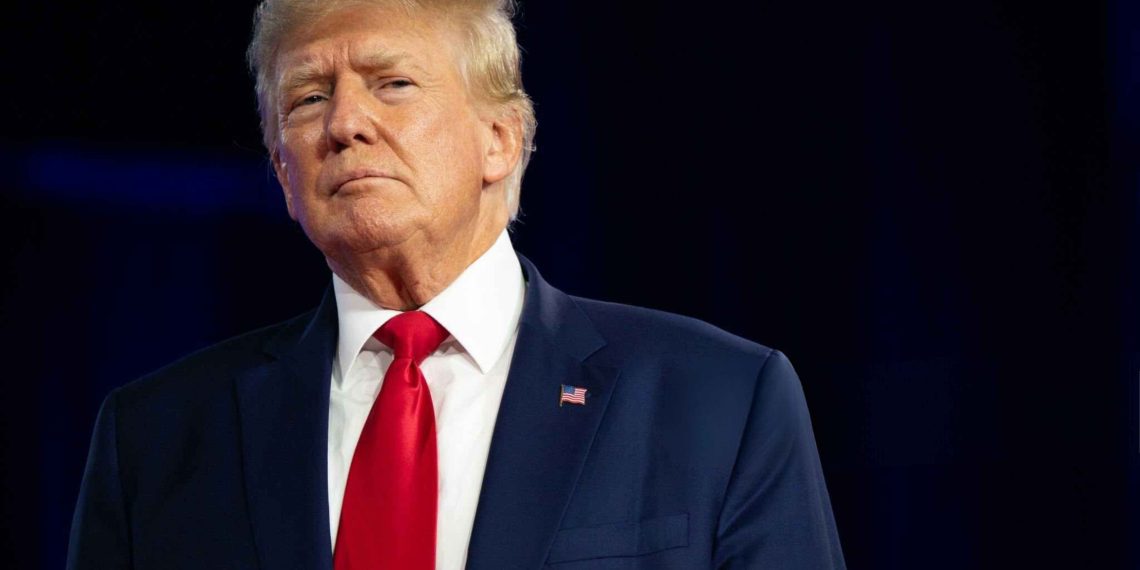As Donald Trump prepares to assume office on January 20, 2025, his policies are expected to take a hard stance against the BRICS alliance, signaling a pivotal shift in global economic and political dynamics. BRICS, representing Brazil, Russia, India, China, and South Africa, has emerged as a leading advocate for a multipolar world order and the de-dollarization of international trade. This collective effort aims to reduce dependency on the US dollar by encouraging the use of local currencies in cross-border transactions.
Trump’s Response to De-Dollarization
President-elect Trump has vowed to counter these efforts with aggressive economic measures. A key part of his strategy includes imposing a 100% tariff on goods entering the United States from nations that align with the de-dollarization agenda. This drastic policy aims to coerce BRICS members to continue using the US dollar as the primary currency for international trade, effectively halting their push toward an alternative financial system.
In doing so, Trump’s administration seeks to preserve the dollar’s status as the world’s reserve currency, a cornerstone of US economic power. The move could potentially strain relations with BRICS nations and escalate trade tensions globally.
Challenging the Multipolar World Order
Political analyst Boris Mezhuyev from Moscow highlighted Trump’s overarching goal: to dismantle the growing multipolar world order. Mezhuyev stated, “Trump will strive to fracture BRICS with greater determination and efficiency than previous administrations, reinforcing US supremacy on the global stage.”
This strategy aligns with Trump’s broader vision of protecting American interests and maintaining dominance in the international financial system. By targeting BRICS, he seeks to weaken one of the most significant threats to US economic hegemony.
Global Implications
Trump’s policies could have far-reaching consequences for global trade and geopolitics. The BRICS alliance, which has been expanding its influence and challenging Western-centric economic models, may face significant setbacks. On the other hand, Trump’s approach risks alienating key trading partners and could lead to retaliatory measures that disrupt global markets.
The outcome of this clash between US-led financial dominance and BRICS’ push for a decentralized system will shape the future of international relations. Whether Trump’s strategy will succeed in halting the de-dollarization wave or trigger new alliances among BRICS members remains to be seen.
As the world watches these developments unfold, one thing is clear: the stakes are higher than ever for the global financial order.





















